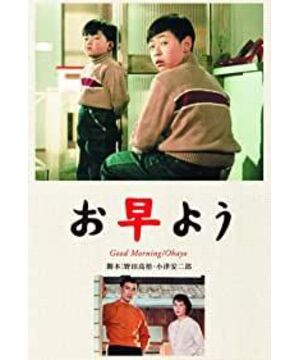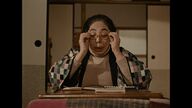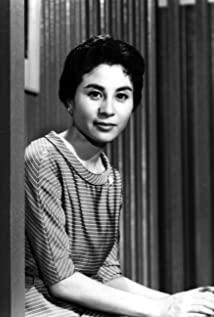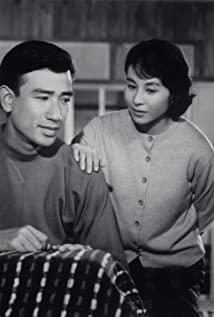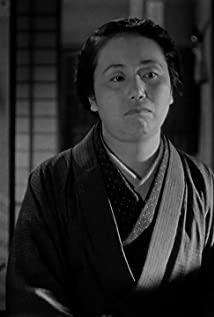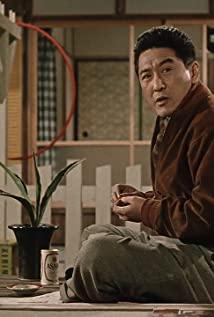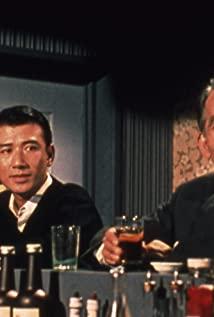The plot of Ozu's movie is deadly simple. It is the trivial daily life of four ordinary families. It focuses on the story of Mr. Lin's family. The child is depressed and wants to buy a TV, but the adults do not allow it. Dissatisfied, there are also many funny clips during the period. In the end, the father agreed to buy a TV as a celebration to repay the favor because the male owner of one of them found a new job - a salesperson in a shopping mall. The theme that Ozu wanted to bring up is also very obvious, the etiquette between adults (nonsense) and the agreement of children (fart).
The living conditions of the four families are generally poor, and modern electrical appliances have not been purchased. The hostess of the four families belongs to the traditional Japanese female figure (housekeeping thrifty), not really can't afford a TV, but has her own careful calculation of their savings. The four children really love to play their age. Naturally, they want to watch TV every day, watching sports and sumo competitions. The young people who are new to work at night have a TV in their homes, so the four children go to the young people every day for the reason of writing English. Watch TV at home.
One of the hostess of the four households is an accountant of the Women's Association, who receives money from the other three households every month, but the association's income is in shortfall. The hostess bought a new washing machine at home and became the object of suspicion. Coincidentally, Mr. Lin's family did not pay dues and became the target of the female accountant's investigation. At this time, Mr. Lin's family, Xiaoyong and Xiaoshi, were arguing with their father. They didn't speak, and they ignored the female accountant who took the initiative to say hello. The female accountant wondered if she was dissatisfied with the collection of Mr. Lin's family membership fees, and Mr. Lin's family let the children ignore him. So the female accountant spread Mr. Lin's small stomach among the three women and was narrow-minded. Let the other two households return the things owed to Mr. Lin's family to Mr. Lin's family. The final reason was that the accountant's mother forgot to hand over the dues of Mr. Lin's family to the accountant.
Another family praised Mr. Lin's family for being kind and honest because the husband had newly found a job and Mr. Lin's family bought a new TV from him, but the female accountant said that it was deliberately praised because Mr. Lin bought things.
Ozu promotes the movie by using adults and children to deal with problems and conversations. The attitudes and behaviors of adults towards others are responses to others' attitudes. Even if they are dissatisfied, they must maintain each other's decency. At times, their relationship may also be understood as disintegrating, and the children's world is not concealed, and their words and attitudes are also straightforward. Happy is polite, dissatisfied is rude.
The decision-making of adults is often no longer perceptual and willful, and often achieves a specific purpose to carry out, and the free will of the individual is also replaced by the community of the family. Face and favor have also become motivations. Mr. Lin bought the TV series to celebrate his friend's new job and earn favor, not to meet the demands of his children.
Etiquette order is an important aspect of society. It is a social norm constructed by everyone, and they all try to abide by each other. In terms of daily life, there are many behaviors that children can't understand. In the morning, you have to say "good morning" and in the evening, you have to say "good night". Although it is very redundant and false, Ozu himself can understand that this set of norms is ours. The “lubricant,” a set of norms we all use to conduct our behavior, dissolve the frictions of everyday life, manage our relationships, and maintain harmony in our neighborhoods.
View more about Good Morning reviews


